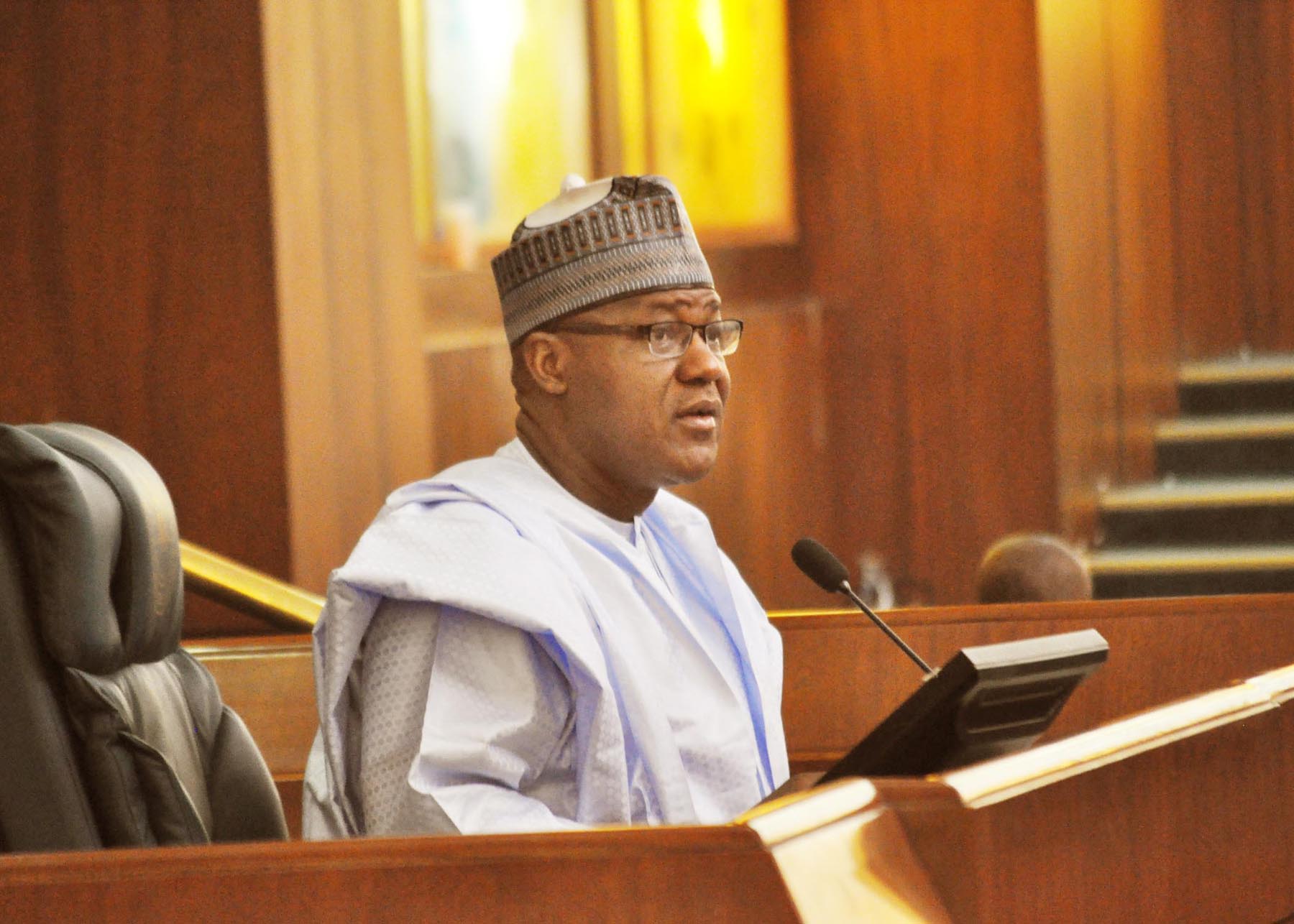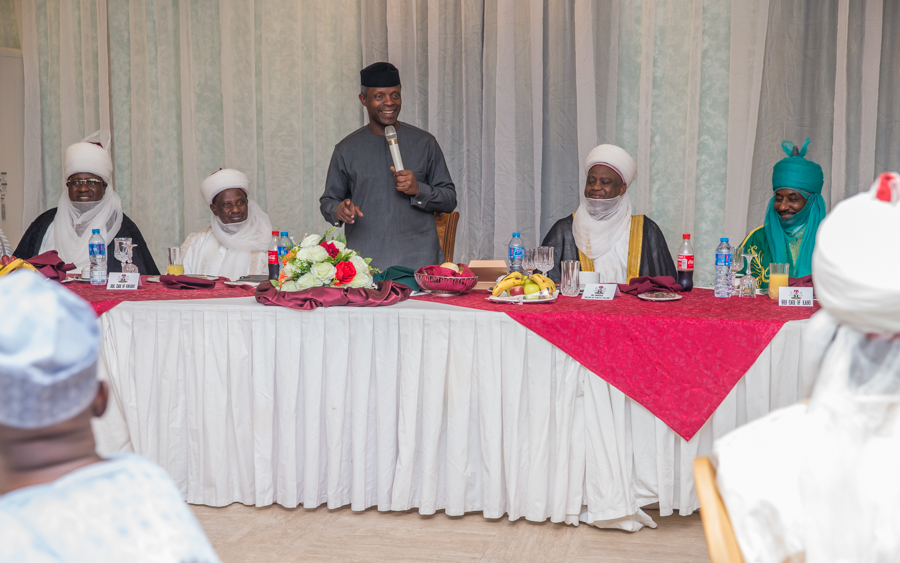BY KUNLE ADEBAJO
Whenever Dr P.C. Obutte laments in his International Law class about our shameless devotion to the shrine of ethnic bigotry – and he often does – one would think he exaggerates. You would think he stretches his imagination beyond the shores of reasonableness when he attributes nearly all of our national problems to “he is Ibo, he is Yoruba, he is Hausa.” But recent developments have proved the opposite. Dr Obutte has always been right on track after all.
The independence of this country is grounded on a nationalist struggle which drew its breath of life from the belief that we too can govern our land, if not even better than the white. It was a cross-cultural movement of pride and hope and spirited determination. It was meant to prove our mettle as a people, to show that we are not intellectual vegetables or political underlings, and to steer the country into greater prosperity – because if that was not the point, then really, what is the point?
Our flight to independence landed on the runway of these words by Alhaji Sir Abubakar Tafawa Balewa: “We, the elected representatives of the people of Nigeria, concentrated on proving that we were fully capable of managing our own affairs both internally and as a nation.” Indeed, we concentrated on proving our capability, but only in words. When the moment of truth came and the curtain was drawn from the stage of action, we proved woefully unprepared.
Advertisement
Today, the bulk of our population, at best, still brazenly demonstrates socio-political childishness. The infrastructural legacies left behind by the colonial masters are wallowing in decay with no better alternatives. The rail lines they constructed only show how much we have derailed from the line. The institutions of higher learning they founded, today, only institute men of lower understanding for positions with higher demands. And rather than build the hospitals, we would rather travel abroad for care; like the Prodigal Son, seeking for more after having squandered our renewable resources. So, 56 years and a thousand tragedies after freedom, we still show that there is a lot for us to learn from those who fettered us.
Of recent, the internet received a soothing splash of news about seven British-Nigerians who were elected into the UK parliament – Chi Onwurah, Kate Osamor, KemiBadenoch, ChukaUmunna, BimAfolami and Fiona Onasanya. And it got me wondering. Why would Nigerians – not even fellow Europeans or Occidentals – be allowed to occupy seats in the law-making body of this country? Nigerians, mind you, almost always in global news for the wrong reasons. Is the parliament now segregated, say with slots for unwelcome lowlifes and “people of colour”? Most certainly not, because the real question ought to be: “Why not?”This is the ideological and behavioural foundation that gives rise to a towering nation – A foundation of equality, of meritocracy, and of progress-centric consciousness.
The British, it would seem, have long outgrown the unproductive bitterness of the past. Nigerians and their children no longer have to be “Lonely Londoners” if they so choose. By what is apparent, they allow their thirst for good leadership and development overshadows rational instincts of racism. Their love for nationalism is greater than their love for tribalism. Moreover, asides the 7 earlier mentioned, let us not forget ChukaUmunna, another Nigerian parliamentarian predicted by British political observers to soon become the first Black British Prime Minister. While we can excuse Obama’s success at the polls based on the fact that only 1.6% of Americans are natives anyway, it is a whole new kettle of fish in the United Kingdom. There, a whopping 81.9% of the total population is made up of natives, yet…
Advertisement
Come back to Nigeria where quit notices have been flying north from south and south from north and invisible tears, from those who are still sane, have been joining in the southward flight. A sorry tale it has been. Our brains are still engineered upon the motherboard of envy and mistrust. Our minds are still fixated on the misunderstandings and misgivings of yesteryear. And our creed remains: clan before fatherland.
In Nigeria, we see everything – from politics to religion and schooling – through the blurry lens of ethnicity. We make decisions based on this. And our country, for the same reason, is where it is. Rather than focus on fitting square pegs into square holes, we have our eyes tuned to whether the peg is black or blacker, has curly hairs or doesn’t, and the kinds of tribal marks that caress its skin. As IPOB youths are ceaselessly crying for a red card from the “zoo” that they may establish the Republic of Biafra, Arewa youths have reacted also by demanding that they leave the North and at the same time proposing an Arewa Republic. Yorubas have not been left out too, with whispers of Oduduwa Republic coming occasionally like fart sound. Just as the case was with the Nigerian-Cameroon quarrel over theBakassiPeninsula, no one is asking what the other over three hundred minority groups desire. And they are just as Nigerian as everyone else.
But how bad really is this virus called tribalism? How much damage can it inflict on the human mind? There is no better way to answer this than through a video which made the rounds some days ago. It showed “His Excellency, President of Biafra,”Mr NnamdiKanu, lamenting, with hands raised in disgust, that the heads of Christian denominations “is always Yoruba people”. He continued, “If you are attending a Yoruba church, you should be ashamed of yourself. Anybody attending a Pentecostal church with a Yoruba pastor is an idiot, a complete fool, an imbecile. I have no time for them. They are worse than Boko Haram. They are very very foolish. If your Pastor is Yoruba, you are not fit to be a human being.”
So we see how ethnic chauvinism can easily grow into overgeneralisation, belligerence and several shades of mental misalignment. We have also seen how it can push a people to adopting a religion simply as a tool of diplomatic expediency. We have seen threats of violence and actual violence simply because the victim’s name was Emeka, or Danladi, or Adewale, and not “our own” – a name common to all tribes.
Advertisement
What’s more, we miss out on a lot of opportunities and commit a lot of blunders for this same reason. We do not vote the right candidates or the bright candidates, we only vote the tight candidates. We do not admit simply the brilliant students because to us it is not all men are born equal but all states are created equal. And so our universities have become legislative houses with representatives from every constituency. Who cares about quality, right?
There is the second extreme though, where schools admit candidates because they are sons of the soil. As a matter of fact, in many schools, indigenes are required to pay much less than non-indigenes. Yet, we have a provision of the Constitution (section 42) which says on no account shall “a citizen of Nigeria of a particular community, ethnic group, place of origin, sex, religion or political opinion” be discriminated against“by reason only that he is such a person.” Yet another section states that our motto shall be “Unity and Faith, Peace and Progress.” In other words, unity first, then progress.
One latent lesson in the book “The Gods Are Not to Blame” by Ola Rotimi is contained in how the people of Kutuje crowned Odewale their king, though they well thought him to be a foreigner. They did not say, “Oh we know you led us to victory but, you see, you are not our own.” They raised the scale of logic above that of ethnic folly. And that is exactly what the Britons are doing too, as well as other right-thinking peoples of the 21st century.
Indeed, I look forward to a day when people of the East can stand for legislative seats in the North, and a man of Northern descent can ascend to gubernatorial office in the West. I look forward to a future where “state of origin” will be abolished and replaced with states of originality and skill. I look forward to a time when we will be bothered only about who the cap fits, and not whose birthright it is to wear. May we not be engulfed by hate before then.
Advertisement
Views expressed by contributors are strictly personal and not of TheCable.
Add a comment






